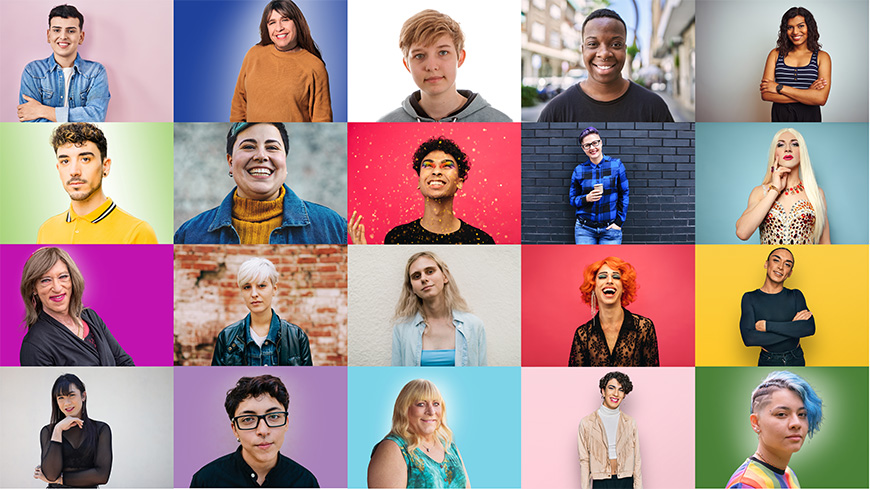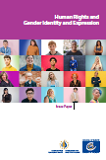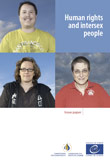LGBTI people
LGBTI people continue to face discrimination and violence that affects their human rights. The Commissioner urges the authorities to combat discrimination and violence, raise awareness of the rights of LGBTI people and promote measures to combat LGBTI-phobia.
Focus
Human rights of trans people: increased visibility and legal recognition contrast with lived experience of discrimination, violence

The report takes stock of progress, as well as long-standing and new challenges experienced by trans people, including those who are further marginalised due to their characteristics or status, recognising that trans people are a diverse group of individuals with differing experiences, identities and views. full article




